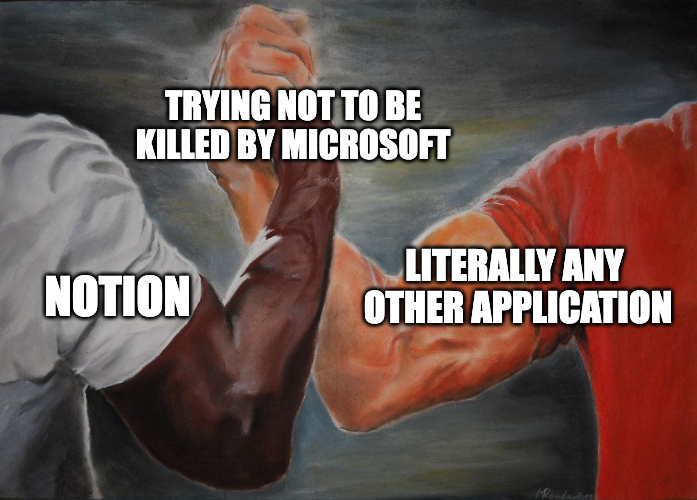
When Marc Andreessen graced the cover of Time Magazine in 1996, barefoot and perched atop a golden throne, he didn’t realize it was the beginning of the end for his company. His internet browser company Netscape was at the top of the world, having recently IPO’d with the price peaking 5x above their initial range. Its Navigator Browser held 70% market share and was king of the new digital world.
Within 5 years the browser would own less than 5% of the market.
What happened?
The Monopolist King of the North, Bill Gates, became annoyed at the egg-headed upstart proclaiming victory on the cover of his favorite toilet reading magazine. Note: This vignette is entirely fictional but I liked the visual of the golden throne versus the porcelain one so I threw it in for funsies. So he decided to strike back and release a direct competitor.
Over the intervening years of combat, Internet Explorer and Netscape battled back and forth, striving to top each other for product feature supremacy. Eventually Bill realized that feature wars were stupid, made Internet Explorer the free, default browser for all Windows users, and won the market. Thus, a lesson was learned: when apps compete with the platforms they live on, the platform usually wins.
(To be fair, Netscape did get acquired for $4.2B in 1998, so when the battle was lost, Marc was able to dry his tears with hundred dollar bills.)
Fast forward to 2021. A similar battle is brewing once again.
Notion—darling of the productivity software space, recently valued at $10B—is now firmly in Microsoft’s crosshairs. They are set to release an almost exact clone early next year. If history is any guide, the odds don’t look great for Notion. But sometimes history surprises us. Sometimes David beats Goliath.
Personally, I love Notion! It is a beautiful piece of software that significantly improves my life. I want them to win! But the question is how.
For today’s article, I’d like to dive into this problem. How do you win when your competitor has more money, better distribution, and can undercut you on price? To understand this problem I’ll go through the tough financial battle Notion has ahead of it, and what strategies they are responding with. To finish, I’ll cast my predictions for the future.
I hope this can be a helpful guide for anyone who’s dealing with their own David vs Goliath situation. Learning to win when your opponent has a superior position and resources to you is a classic conundrum of building businesses.
What is Notion and Why Did Microsoft Copy Them?
Notion is a productivity tool that allows teams to collaborate, store knowledge, and run processes. This description is so stuffed full of product marketing nonsense that while typing it I feel my brain turning into buzzword jelly. In real words, it is a piece of digital paper that people can draw on all at the same time.
When Marc Andreessen graced the cover of Time Magazine in 1996, barefoot and perched atop a golden throne, he didn’t realize it was the beginning of the end for his company. His internet browser company Netscape was at the top of the world, having recently IPO’d with the price peaking 5x above their initial range. Its Navigator Browser held 70% market share and was king of the new digital world.
Within 5 years the browser would own less than 5% of the market.
What happened?
The Monopolist King of the North, Bill Gates, became annoyed at the egg-headed upstart proclaiming victory on the cover of his favorite toilet reading magazine. Note: This vignette is entirely fictional but I liked the visual of the golden throne versus the porcelain one so I threw it in for funsies. So he decided to strike back and release a direct competitor.
Over the intervening years of combat, Internet Explorer and Netscape battled back and forth, striving to top each other for product feature supremacy. Eventually Bill realized that feature wars were stupid, made Internet Explorer the free, default browser for all Windows users, and won the market. Thus, a lesson was learned: when apps compete with the platforms they live on, the platform usually wins.
(To be fair, Netscape did get acquired for $4.2B in 1998, so when the battle was lost, Marc was able to dry his tears with hundred dollar bills.)
Fast forward to 2021. A similar battle is brewing once again.
Notion—darling of the productivity software space, recently valued at $10B—is now firmly in Microsoft’s crosshairs. They are set to release an almost exact clone early next year. If history is any guide, the odds don’t look great for Notion. But sometimes history surprises us. Sometimes David beats Goliath.
Personally, I love Notion! It is a beautiful piece of software that significantly improves my life. I want them to win! But the question is how.
For today’s article, I’d like to dive into this problem. How do you win when your competitor has more money, better distribution, and can undercut you on price? To understand this problem I’ll go through the tough financial battle Notion has ahead of it, and what strategies they are responding with. To finish, I’ll cast my predictions for the future.
I hope this can be a helpful guide for anyone who’s dealing with their own David vs Goliath situation. Learning to win when your opponent has a superior position and resources to you is a classic conundrum of building businesses.
What is Notion and Why Did Microsoft Copy Them?
Notion is a productivity tool that allows teams to collaborate, store knowledge, and run processes. This description is so stuffed full of product marketing nonsense that while typing it I feel my brain turning into buzzword jelly. In real words, it is a piece of digital paper that people can draw on all at the same time.
The tool can be used as a personal knowledge management system, as a project hub, or anything else your brain can dream up. It is intuitive, simple, and thoughtful. Note: I said I was a fan!
The use cases are multifaceted too. In my personal life, my wife and I manage our shared calendar, trip planning, and personal projects. In the professional setting, I’ve used it as a CRM, knowledge hub, and a Gantt Chart.
Microsoft’s clone, Loop, looks….the exact same.
Theologically there are some differences—rather than focusing on in-app documents, Loop is more geared towards connecting with existing Microsoft products. But the design is identical and they cover loosely similar formats. This is the exact same move that Microsoft pulled with Netscape, with Slack, and now they are doing it to Notion.
This blows! I know we are talking about a multi-trillion dollar company and a $10B company, but for some reason, it still feels like a megacorp taking advantage of a mom & pop shop. Now some of you may feel this is a little silly, these are both big companies. But Notion is infinitesimal in comparison to Microsoft’s business. Microsoft has 300M+ active Office 365 subscriptions where Loop would be included in that bundle. At an ARR per User of ~96 dollars, you are looking at a product that pumps out around $28.8B in high margin revenue a year. The division that houses Office 365 did $53B last year and 365 likely makes a higher portion than 54% of that total revenue so my math is probably a little bearish. In comparison, Notion has 20M+ total users, both free and paid. Giving them an incredibly generous 30% conversion rate (which would probably put it at one of the highest of all time for SaaS) and an identical ARR per user at $96, Notion could be around $576M in ARR. This math is probably too optimistic honestly, this would have only given them a 17x revenue multiple at their last fundraising round. Seeing how hot the company is, I would be stunned if they were given anything less than 25x revenue multiple. But I want to be generous to the startups I write about!
To put that in perspective, Office 365 does about 48.6 Notions worth of revenue per year.
Note: This is all Napkin Math! It is in the name of the newsletter folks.
Unfortunately for Notion (and my Bachelor’s Degree in Sociology), injustice doesn’t pay the bills. And the point of this battle isn’t who makes more money, it is whether Notion exists in 5 years. Yet again we are left asking—who wins?
Notion’s Path to Victory (The Rebel Alliance Strategy)
In order to succeed, Notion shouldn’t just focus on its own success. They need to build a viable alternate ecosystem to Microsoft’s empire. A rebel alliance, if you will.
Notion’s challenge is that they have to simultaneously convince people to spend money on something that is “free” from Microsoft and isn’t as deeply integrated into many businesses' existing workflows and documents. And they have to do it in comparison with the essentially $0 CAC that Microsoft will enjoy—not easy.
Note: The prototypical startup advice of ignoring the competitive threat of Big Tech is overrated in my opinion. Unless that company is Google, the other Big Tech companies have shown their ability to ruthlessly copy and destroy startups over the last two decades. The era of Big Tech being unable to execute is over—they are hungry for blood and new revenue streams.
Microsoft is the software suite your boomer boss tells you to use. Notion is the secret love affair that people use to manage their notes/tasks when their IT team isn’t looking. To beat that organizational bureaucracy, to have any sort of new hope, Notion must strike an alliance interwoven with TikTok, community influencers, and technical integrations.
To convince people they are going to win, Notion's PR team trots out their strongest story, Teens on TikTok. Their product went viral among the TikTok community last year with thousands of people breathlessly demonstrating their daily planner housed in the app. This community of believers allows for a healthy bottoms-up sales motion. But this channel of growth has a pretty tough limit on the types of customers Notion can acquire through it: namely, very few people that have any money to spend are buying large enterprise software deals directly though TikTok, at least for now. And if they want to compete in that game, they won’t be able to match the rolodex or capital firepower of Microsoft. At least they can have their community make some killer memes! But in all seriousness, community members are the best type of labor (incredibly passionate and totally free) Notion is able to decrease their CAC and get it closer to Microsoft’s $0.
The community aspect and the utility the product offers on the personal level makes Notion one of the best examples of the B2C2B phenomena that has risen in recent years. Evangelists will use it for their personal work, and will then act as ready-made advocates when the opportunity arises for their corporate organization.
There is an argument to be made here that Notion will be worse at this than Slack was. Slack had the double benefit of internal advocates and very strong user utility network effects. (e.g., Slack is only useful if other people are on it, so it has more inherent virality within an organization). Notion does have some network effects! Being able to collaborate on docs moves Notion from Personal Knowledge Management to Organizational Knowledge Movement. But I would argue Slack’s network effects and virality are stronger because they manifested exclusively on a multiplayer vector. Despite that, Slack was being so soundly beaten by Microsoft that they had to team up with Salesforce to try to staunch the bleeding. Maybe Notion will also join Salesforce one day?
Speaking of joining forces, this leads us to the second part of Notion’s Rebel Alliance strategy, one that I think will make a bigger impact than just the community-driven growth model: building an Ecosystem of Rivals. This is an ecosystem of tools that all deposit and display their unique data within Notion’s app.
The knowledge worker’s productivity stack is increasingly fragmented. The familiar story of all data infrastructure companies, “Your data is everywhere, get easy access to it all in one place with our tool” holds additional weight for Notion. Notion is essentially a highly abstracted no-code tool. It has created a series of highly artistic, unusually accessible databases that users can build on top of. (Frankly what they invented is amazing and I can’t believe it works so well. Big fan!) The issue with the whole database thing is that you actually need data to put into the tables.
Notion users can either manually enter it in or find some sort of transfer tool. This transfer of outside data is the second avenue of attack that Notion is employing. In September of this year, they announced the acquisition of automate.io (a Zapier competitor), which allows customers to set up data transfers between disparate system with no API access. They have also released and devoted serious resources into convincing developers to build on top of their API.
With these two developments, users can now pipe in their data from their other systems so that Notion becomes their system of record. For example, I’ve set up Zaps that pipe mine and my wife’s Google calendars into a shared notion calendar so we can know when the other will be on a call.
This Ecosystem of Rivals strategy is ultimately about replicating the capabilities/data that Microsoft has in their platform with linked individual tools.
Note: I had a mentor in B2B SaaS tell me once that the end state in 20 years will be the Amazon consortium versus the Microsoft Consortium. The two companies will eventually absorb and copy every innovation in productivity software until there is nothing left except to fight each other. He was obviously exaggerating, but there is something to the idea. There is a reason Slack chose Salesforce to try to fight against Microsoft.
And thus the stage is set. A free, broadly slightly worse knockoff versus an artistic, highly connected tool. So who wins?
Evan, Make the Call, That’s Why We Pay You
As I chatted with my editors about this piece, they asked my opinion on who would win. My response,
“History says Microsoft, Heart says Notion.”
I think this ultimately ends up being a yes/and scenario. Microsoft is going to do Microsoft and will capture large swaths of the market simply by copying Notion’s brilliance. Notion will have a strong bottom’s up and community driven sales motion that enables them to grow for a long, long time.
When I talk to people who have been building software since the 90s their biggest surprise about the B2B software market is just how big it has become. This is the difference in the Netscape versus Notion story. The internet was so much smaller in the 90s that there was just only so much room to run. Notion will not face that problem. In my opinion, there is less an existential threat of ceasing to exist and more of a threat of not achieving its full potential.
And to be clear, this is still going to be an uphill battle for Notion. Microsoft’s execution on this product simply has to be mediocre for them to secure their bag. Notion will need a passionate community, a hugely popular API, and will still need to ensure that all the normal business building stuff is done with perfection. I’m cheering for them.
If you are one of the companies who finds yourself in a David vs Goliath situation, you need to find a low-cost novel of distribution coupled with a relatively cheap way of building product superiority. For Notion, I hope that it is enough.
Ideas and Apps to
Thrive in the AI Age
The essential toolkit for those shaping the future
"This might be the best value you
can get from an AI subscription."
- Jay S.
Join 100,000+ leaders, builders, and innovators

Email address
Already have an account? Sign in
What is included in a subscription?
Daily insights from AI pioneers + early access to powerful AI tools
Ideas and Apps to
Thrive in the AI Age
The essential toolkit for those shaping the future
"This might be the best value you
can get from an AI subscription."
- Jay S.
Join 100,000+ leaders, builders, and innovators

Email address
Already have an account? Sign in
What is included in a subscription?
Daily insights from AI pioneers + early access to powerful AI tools
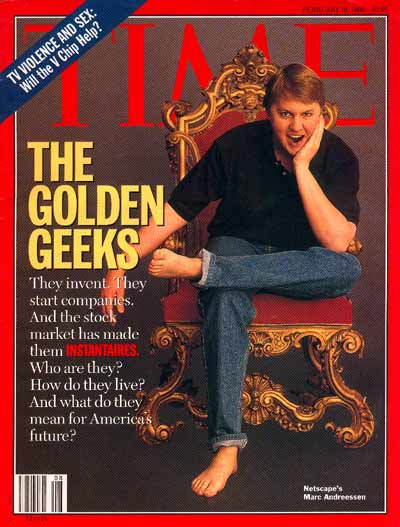
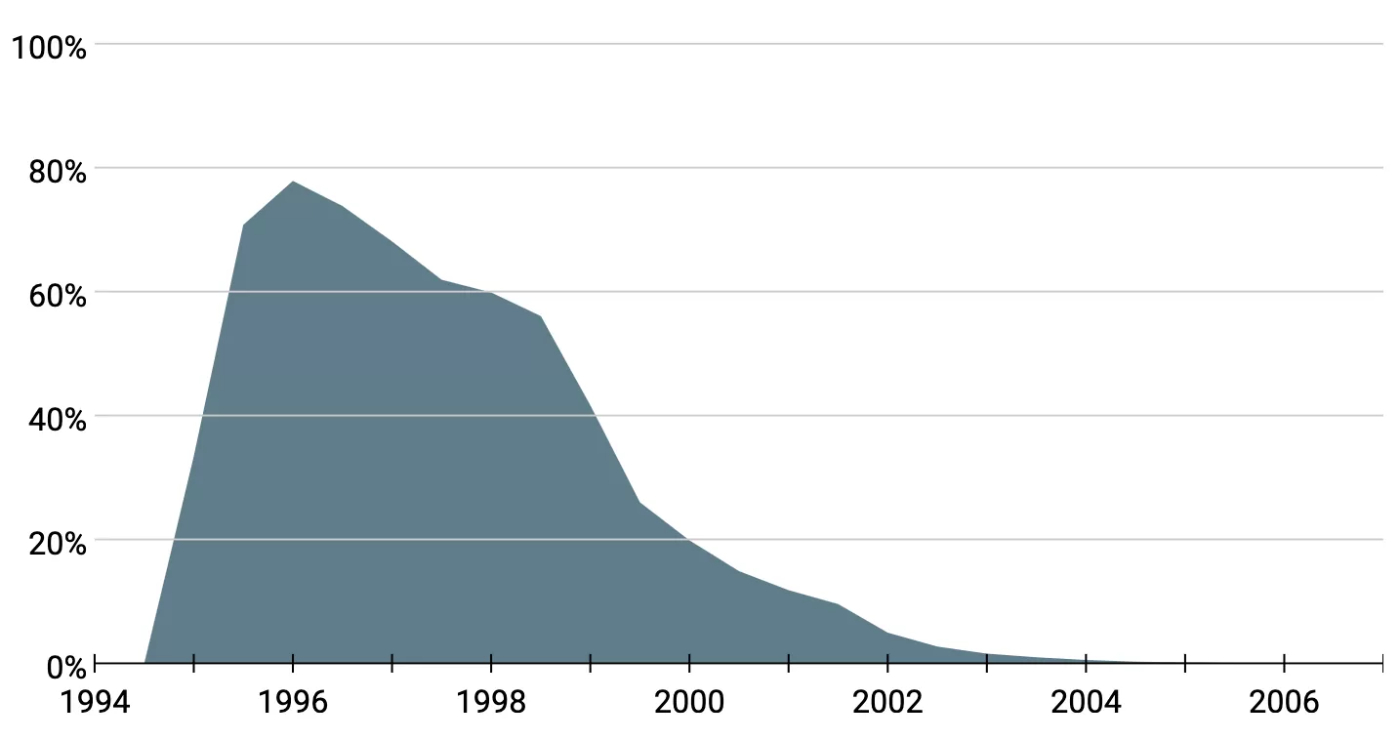
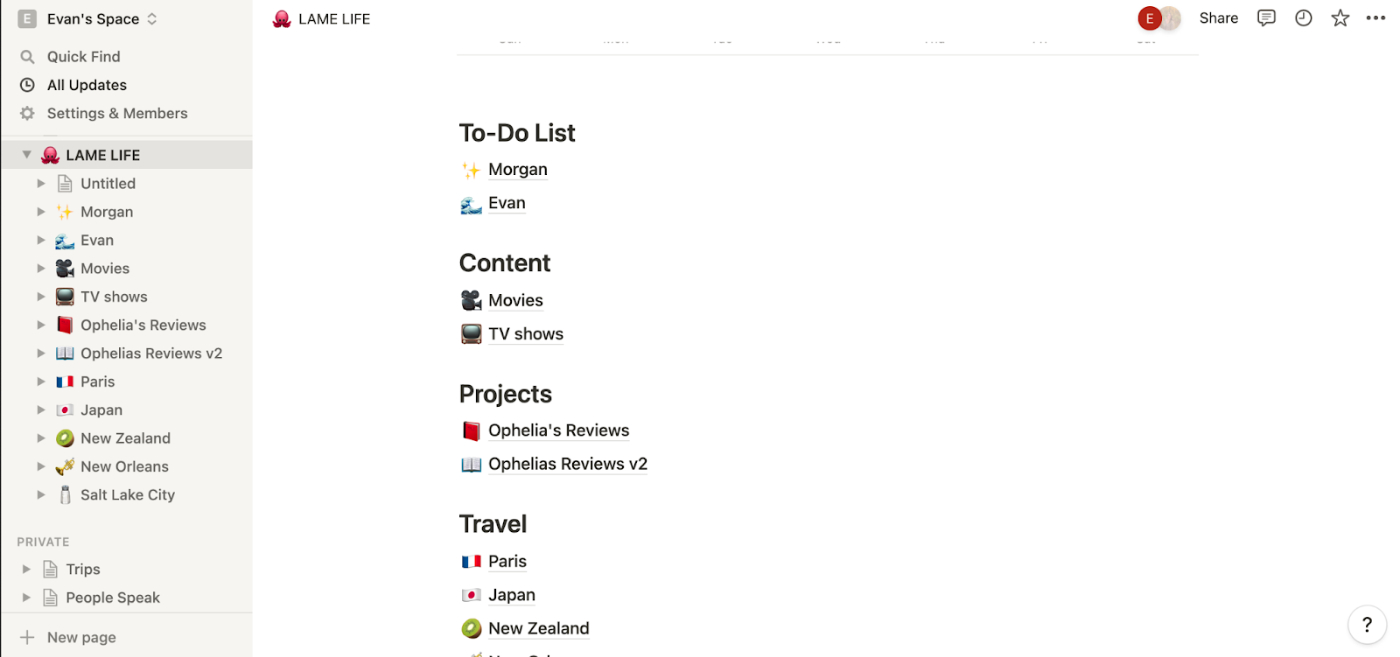
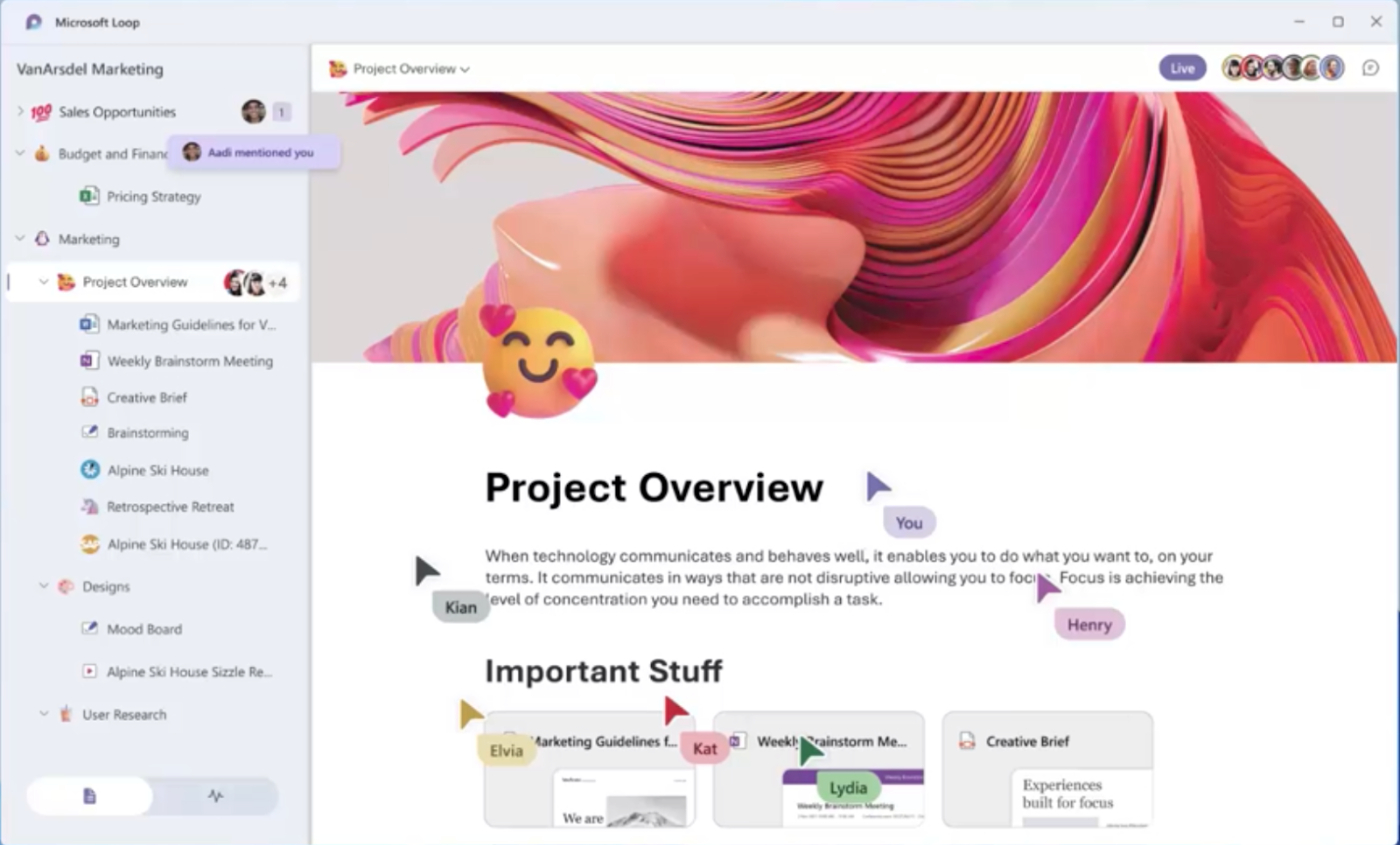
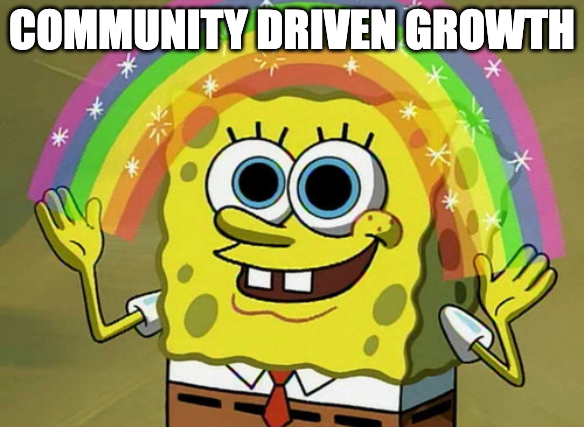
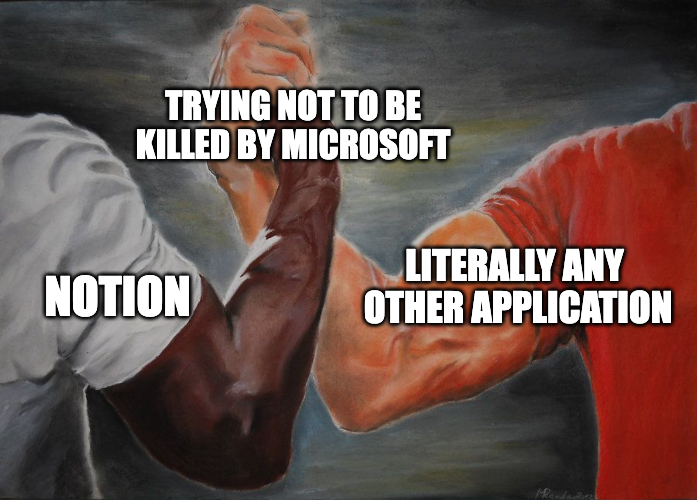

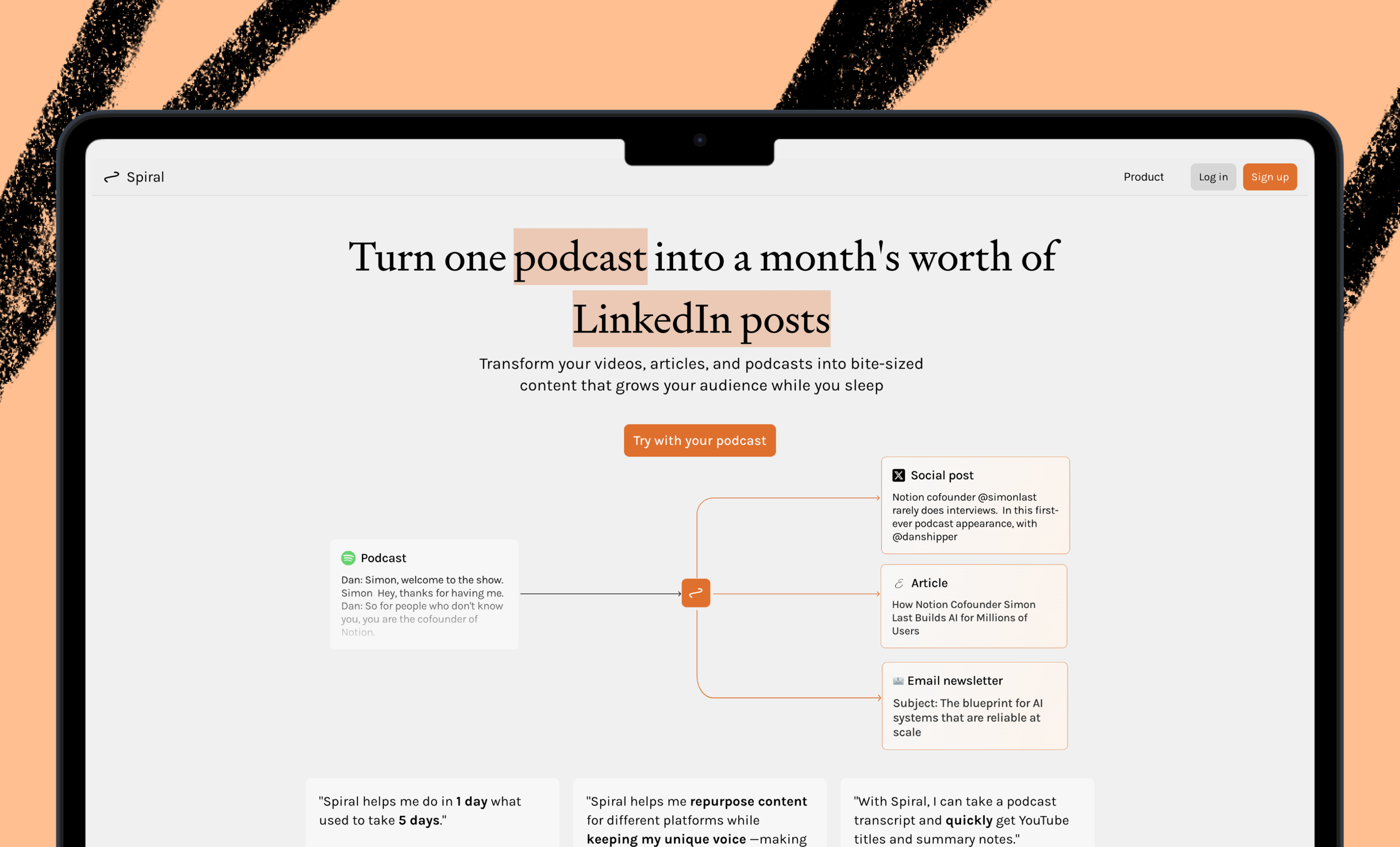







Comments
Don't have an account? Sign up!